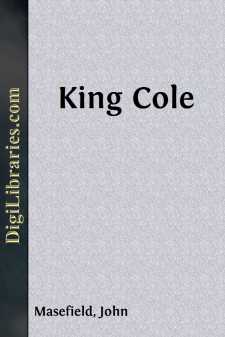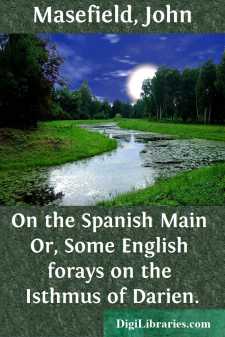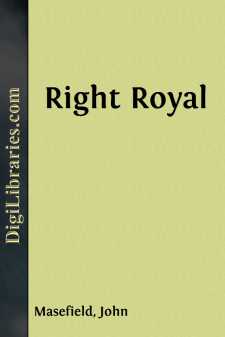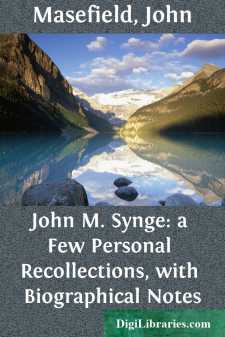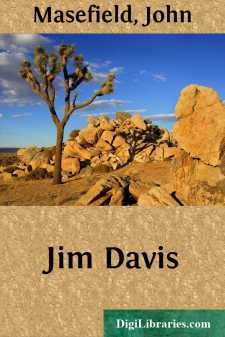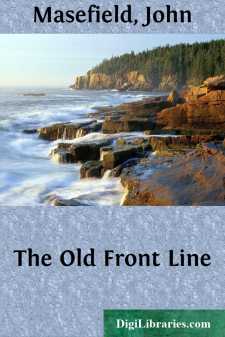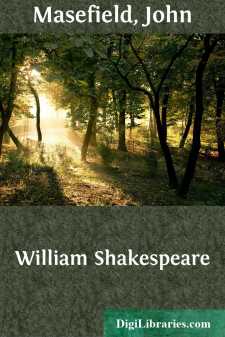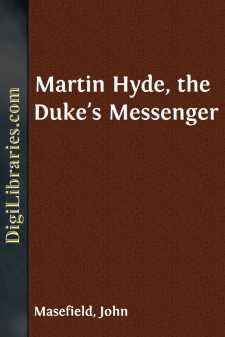Categories
- Antiques & Collectibles 13
- Architecture 36
- Art 48
- Bibles 22
- Biography & Autobiography 815
- Body, Mind & Spirit 144
- Business & Economics 28
- Children's Books 18
- Children's Fiction 14
- Computers 4
- Cooking 94
- Crafts & Hobbies 4
- Drama 346
- Education 58
- Family & Relationships 59
- Fiction 11834
- Games 19
- Gardening 17
- Health & Fitness 34
- History 1378
- House & Home 1
- Humor 147
- Juvenile Fiction 1873
- Juvenile Nonfiction 202
- Language Arts & Disciplines 89
- Law 16
- Literary Collections 686
- Literary Criticism 179
- Mathematics 13
- Medical 41
- Music 40
- Nature 179
- Non-Classifiable 1768
- Performing Arts 7
- Periodicals 1453
- Philosophy 65
- Photography 2
- Poetry 896
- Political Science 203
- Psychology 44
- Reference 154
- Religion 515
- Science 126
- Self-Help 85
- Social Science 82
- Sports & Recreation 34
- Study Aids 3
- Technology & Engineering 59
- Transportation 23
- Travel 463
- True Crime 29
Our website is made possible by displaying online advertisements to our visitors.
Please consider supporting us by disabling your ad blocker.
King Cole
by: John Masefield
Description:
Excerpt
King Cole was King before the troubles came,
The land was happy while he held the helm,
The valley-land from Condicote to Thame,
Watered by Thames and green with many an elm.
For many a year he governed well his realm,
So well-beloved, that, when at last he died,
It was bereavement to the countryside.
So good, so well-beloved, had he been
In life, that when he reached the judging-place
(There where the scales are even, the sword keen),
The Acquitting Judges granted him a grace,
Aught he might choose, red, black, from king to ace,
Beneath the bright arch of the heaven's span;
He chose, to wander earth, the friend of man.
So, since that time, he wanders shore and shire,
An old, poor, wandering man, with glittering eyes
Helping distressful folk to their desire
By power of spirit that within him lies.
Gentle he is, and quiet, and most wise,
He wears a ragged grey, he sings sweet words,
And where he walks there flutter little birds.
And when the planets glow as dusk begins
He pipes a wooden flute to music old.
Men hear him on the downs, in lonely inns,
In valley woods, or up the Chiltern wold;
His piping feeds the starved and warms the cold,
It gives the beaten courage; to the lost
It brings back faith, that lodestar of the ghost.
And most he haunts the beech-tree-pasturing chalk,
The Downs and Chilterns with the Thames between.
There still the Berkshire shepherds see him walk,
Searching the unhelped woe with instinct keen,
His old hat stuck with never-withering green,
His flute in poke, and little singings sweet
Coming from birds that flutter at his feet.
Not long ago a circus wandered there,
Where good King Cole most haunts the public way,
Coming from Reading for St. Giles's Fair
Through rain unceasing since Augustine's Day;
The horses spent, the waggons splashed with clay,
The men with heads bowed to the wester roaring,
Heaving the van-wheels up the hill at Goring.
Wearily plodding up the hill they went,
Broken by bitter weather and the luck,
Six vans, and one long waggon with the tent,
And piebald horses following in the muck,
Dragging their tired hooves out with a suck,
And heaving on, like some defeated tribe
Bound for Despair with Death upon their kibe.
All through the morn the circus floundered thus,
The nooning found them at the Crossing Roads,
Stopped by an axle splitting in its truss.
The horses drooped and stared before their loads.
Dark with the wet they were, and cold as toads.
The men were busy with the foundered van,
The showman stood apart, a beaten man.
He did not heed the dripping of the rain,
Nor the wood's roaring, nor the blotted hill,
He stood apart and bit upon his pain,
Biting the bitter meal with bitter will.
Focussed upon himself, he stood, stock still,
Staring unseeing, while his mind repeated,
"This is the end; I'm ruined; I'm defeated."
From time to time a haggard woman's face
Peered at him from a van, and then withdrew;
Within the cowboy's van the rat-eyed wife,
Her reddish hair in papers twisted close.
Turned wet potatoes round against the knife,
And in a bucket dropped the peelèd Oes.
Seeds from the hayrack blew about the place,
The smoke out of the waggon chimneys blew,
From wicker creel the skinny cockerel crew.
The men who set the floundered axle straight
Glanced at their chief, and each man nudged his mate.
And one, the second clown, a snub-nosed youth,
Fair-haired, with broken teeth, discoloured black,
Muttered, "He looks a treat, and that's the truth.
I've had enough: I've given him the sack."
He took his wrench, arose, and stretched his back,
Swore at a piebald pony trying to bite,
And rolled a cigarette and begged a light.
Within, the second's wife, who leaped the hoops,
Nursed sour twins, her son and jealousy,
Thinking of love, in luckier, happier troupes
Known on the roads in summers now gone by
Before her husband had a roving eye,
Before the rat-eyed baggage with red hair
Came to do tight rope and make trouble there.
Beside the vans, the clown, old Circus John,
Growled to the juggler as he sucked his briar,
"How all the marrow of a show was gone
Since women came, to sing and walk the wire,
Killing the clown his act for half his hire,
Killing the circus trade: because," said he,
"Horses and us are what men want to see."
The juggler was a young man shaven-clean,
Even in the mud his dainty way he had,
Red-cheeked, with eyes like boxer's, quick and keen,
A jockey-looking youth with legs besprad,
Humming in baritone a ditty sad,
And tapping on his teeth his finger-nails,
The while the clown suckt pipe and spat his tales.
Molly, the singer, watched him wearily
With big black eyes that love had brimmed with tears,
Her mop of short cut hair was blown awry,
Her firm mouth shewed her wiser than her years.
She stroked a piebald horse and pulled his ears,
And kissed his muzzle, while her eyes betrayed
This, that she loved the juggler, not the jade.
And growling in a group the music stood
Sucking short pipes, their backs against the rain,
Plotting rebellion in a bitter mood,
"A shilling more, or never play again."
Their old great coats were foul with many a stain,
Weather and living rough had stamped their faces,
They were cast clerks, old sailors, old hard cases.
Within the cowboy's van the rat-eyed wife,
Her reddish hair in papers twisted close,
Turned wet potatoes round against the knife,
And in a bucket dropped the peelèd Oes.
Her little girl was howling from her blows,
The cowboy smoked and with a spanner whackt
The metal target of his shooting act.
And in another van more children cried
From being beaten or for being chid
By fathers cross or mothers haggard-eyed,
Made savage by the fortunes that betide.
The rain dripped from the waggons: the drops glid
Along the pony's flanks; the thick boots stamped
The running muck for warmth, and hope was damped.
Yet all of that small troupe in misery stuck,
Were there by virtue of their nature's choosing
To be themselves and take the season's luck,
Counting the being artists worth the bruising....


